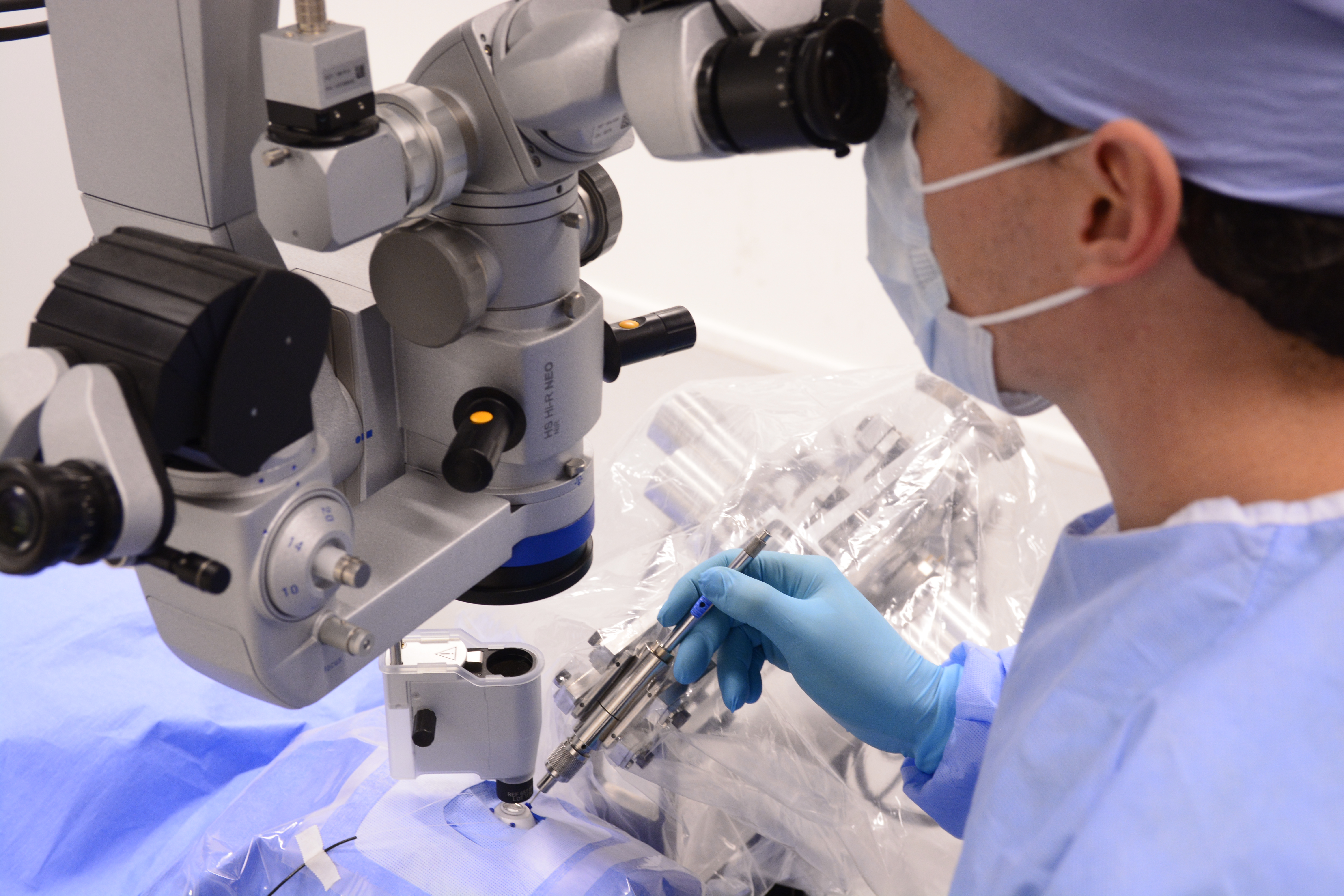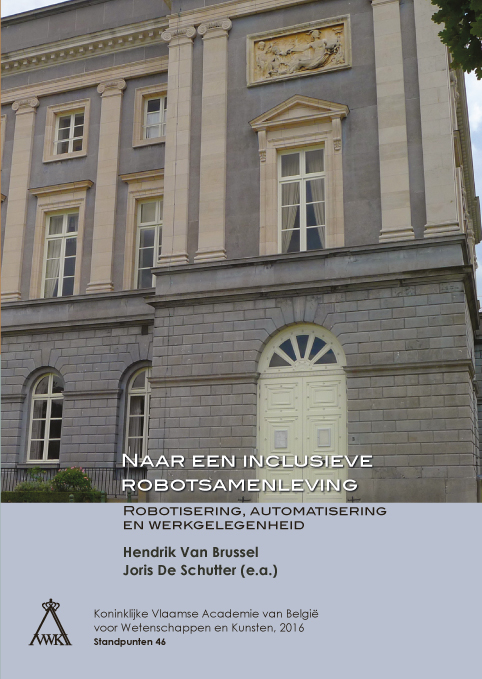Automation and Robotisation

The fear that automation and robotisation will drastically influence the structure of our society, by which unemployment will/may significantly increase, is widespread in the many available studies, predictions and popular press articles. The shrinkage of the total available work volume and a shift in the distribution between high-,medium- and low-skill jobs, are indicated as the main consequences. The unrest is amplified by the ongoing trend towards globalisation of the society and its economy, characterised by offshoring of companies, social dumping, and the like. Globalisation aspects are not taken into account here.
To put the described trends into perspective, the Class of Technical
Sciences (KTW) of the Royal Flemish Academy of Belgium for Science and
the Arts (KVA B) has established a working party. This working party has
produced a document, number 46 in the series KVAB Standpunten, where the
vision of KVA B on the problems mentioned above has been articulated.
The aim of this exercise is to inform the general public as objectively
as possible, by giving insight in the debate that is raging worldwide,
thereby trying to debunk some myths, and to formulate a series of
recommendations to the different stakeholders of the ‘triple helix’
(research, education, industry) to face the stated problems, and to
respond adequately to the opportunities that emerge from the new
technologies.
It has been concluded that:
- The panic messages in the popular media about ‘the invasion of the robots’ and its impact on employment and on the potential and limitations of the emerging technologies, such as artificial intelligence, are often exaggerated and deserve some reservation.
-
Because robots are by far not yet approaching human intelligence, many
tasks and jobs will remain reserved for people for a long time to go.
Kurzweil’s Singularity point is still far away and Moravec’s paradox
stating that “tasks that are trivial for men are difficult for robots
and vice versa” will remain
valid for a long time. Indeed, manipulation tasks are (much) more difficult to automate than pure information processing tasks. - Innovation can be a powerful engine of employment, in different ways: (i) by causing productivity growth through automation, (ii) by creating new markets with new innovative products, (iii) via new business models. The interaction mechanisms between innovation, productivity and employment are complex and the effects are difficult to quantify and sometimes contradictory.
- Innovation, under each of its forms, should be stimulated by all parties of the triple helix (government, research and education, industry), not only to increase productivity, but primarily to stimulate development of new products and processes, in order to increase employment and to enhance or establish the high-tech industrial commons that are the cradle of succesful innovation.
-
The distribution of employment over the different job contents
undergoes drastic changes. This results in job polarisation by which
the demand for medium level jobs decreases, while high-level and
low-level jobs face an increasing demand. Job polarisation is a
consequence of the fact that manual
and cognitive routine jobs are easy to automate, contrary to complex manual jobs which are much more difficult to robotise. Moreover, tasks that require general intelligence (processing of new information, solving unstructured problems) are still very difficult, if not impossible, to automate. - Presently, the introduction of robots in industry poses no real threat to employment yet. Its influence is still marginal. Robots still have too many shortcomings to repel humans in a substantial way from the production process. We have to prepare ourselves however, as research is progressing, for a more massive inroad of robots into the production process, by designing our factories for the unexpected.
-
Next to being a potential threat for employment, robots also provide
unseen opportunities in our striving towards a more inclusive society.
Medical and service robots do not only contribute to human welfare but
they have the potential to create a new industrial commons in
Flanders, able to stimulate
innovation and employment in a new high-tech discipline. - Creativity and systems thinking should be the foundations of our future education system at all levels. The STEM2 -approach, systems theory, mechatronics, design, … are important subject areas to be taught to substantiate this vision.
Standpuntwerkgroep Robotisering
Available documents
Author
-
Hendrik Van Brussel
-
Joris De Schutter
Co-author
-
Hugo De Man
-
Ludo Gelders
-
Bram Vanderborght
-
Joos Vandewalle
-
Robert Gobin
-
Willy Van Overschée
-
Hubert Van Belle
-
Herman Bruyninckx


